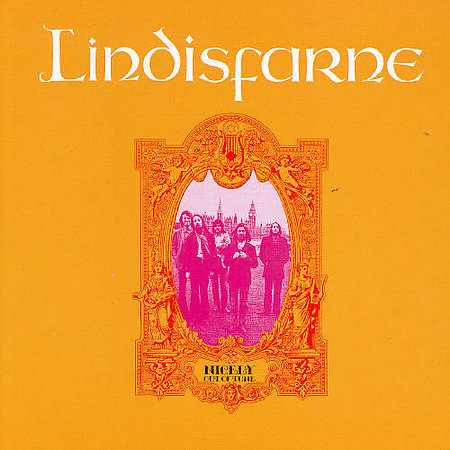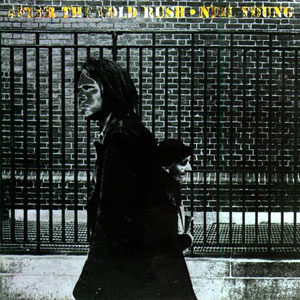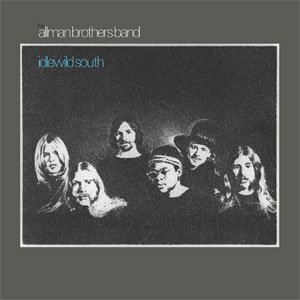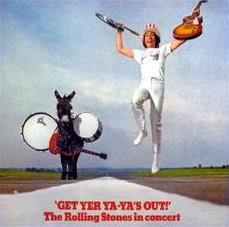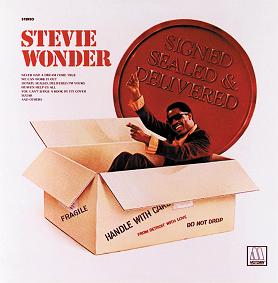Released: December 1970
In a Line: glorious debut from Newcastle folk rock legendsTop Track: “Lady Eleanor”
Cover Art: unremarkably orangey
I’ll give it: an earthy 10
My earliest memory of Lindisfarne is the Top of the Pops performance of “Meet me on the Corner”. Even to a 7 year old the song and the engaging performance struck a chord, then there was “Fog on the Tyne”, “Lady Eleanor” and then nothing til 1978. They did release the “Dingley Dell” album which seemed to please no one in between times but it was still all very short lived.
I only found out later that “Lady Eleanor” was a re-release from 1970 and it’s the opening track on this, their debut album. It’s a perfect song from the slow build up of acoustic guitar through to the powerful chorus. The rest of the album – simply brilliant. “Road to Kingdom Come” is an uptempo singalong in Faces/Band territory, while “A Winter Song” is a hard hitting political ballad not out of place in 21st century austerity. The band sound their best doing the big singalong tracks – “Turn a Deaf Ear”, “We Can Swing Together” would be live favourites and sound as fresh 56 years later.
Elsewhere we have a mix of almost prog-like folk along with bluegrass and a folk sensibility more approaching Americana than the English sound of Fairport Convention or Steeleye Span.
Perhaps the closest English equivalent to The Band, Lindisfarne were a breath of fresh air and one of the greatest crowd pleasers of the era – but like the Band, it didn’t end well – splits and differences, unfulfilled potential and a limited discography but like The Band created a few early albums that are musically excellent with a sound and spirit that warms the soul.
Info: https://en.wikipedia.org/wiki/Nicely_Out_of_Tune
Listen: https://open.spotify.com/album/7coSsrvHFN00hOGZ01CHX0
